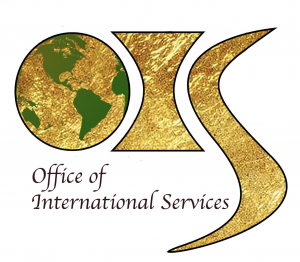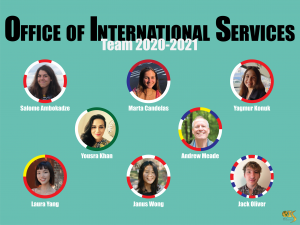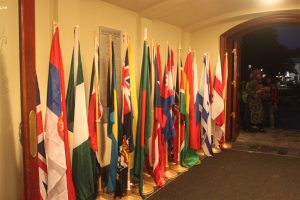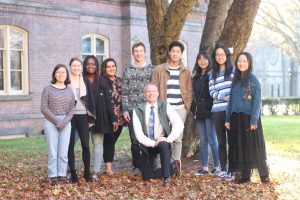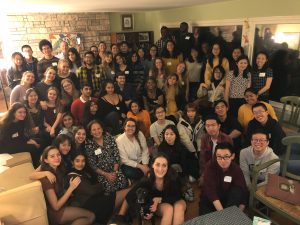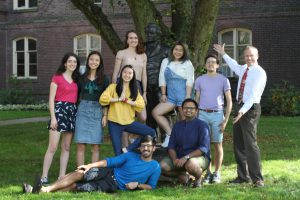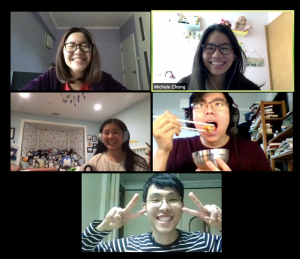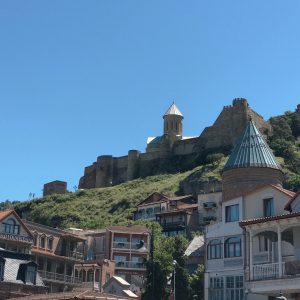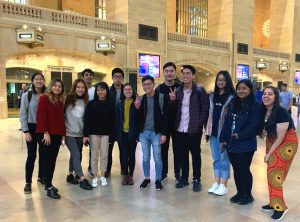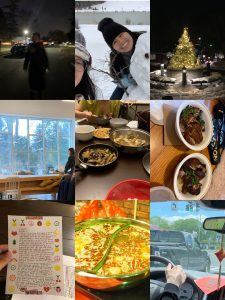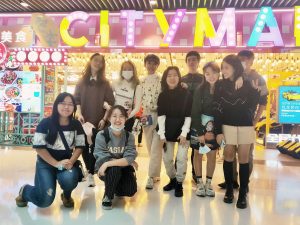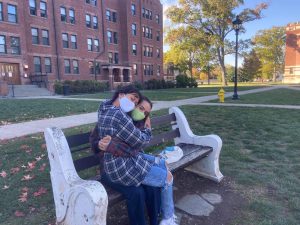 When the news of the pandemic broke out, I was lucky to catch the very last plane during spring break that would bring me back home. I live in a tiny country, bordering the black sea and Caucasus mountains, in a geographic region that’s very hard for me to define: growing up in a country heavily `influenced by both Europe from the West and Central Asian tradition from the East, I’ve always asked myself if I can assign my national identity to either Europe or Asia. Nonetheless, one thing that I know for sure has defined the current socio-political environment of my homeland, as well as general public opinion on the most mundane things, is being part of Soviet Russia. It’s really interesting how the crisis management of this pandemic has reflected the deeply rooted, generational traits following Georgians since Soviet times. The constant unrest, uncertainty, and fear of the worst have defined the past couple of decades for my country, and as we are slowly crawling out from the darker times, seemingly growing out of the fight-or-flight mode of existence, the pandemic has woken up the forgotten paranoia of the past.
When the news of the pandemic broke out, I was lucky to catch the very last plane during spring break that would bring me back home. I live in a tiny country, bordering the black sea and Caucasus mountains, in a geographic region that’s very hard for me to define: growing up in a country heavily `influenced by both Europe from the West and Central Asian tradition from the East, I’ve always asked myself if I can assign my national identity to either Europe or Asia. Nonetheless, one thing that I know for sure has defined the current socio-political environment of my homeland, as well as general public opinion on the most mundane things, is being part of Soviet Russia. It’s really interesting how the crisis management of this pandemic has reflected the deeply rooted, generational traits following Georgians since Soviet times. The constant unrest, uncertainty, and fear of the worst have defined the past couple of decades for my country, and as we are slowly crawling out from the darker times, seemingly growing out of the fight-or-flight mode of existence, the pandemic has woken up the forgotten paranoia of the past.
 Somewhere around early January, when the virus was something we would casually mention once in a while, my mother was already worrying from the other side of the world, with zero cases recorded. It seems fascinating to me now, how different our perceptions were at that time: “She’s literally living on another planet!”, I would think to myself, brushing off her unreasonable concerns, thinking that Georgians just love to stress over the tiniest things. As spring break approached and the virus transformed from something hypothetical and distant to a comprehensible, real thing, I was forced to face the reality of the situation immediately, while my mom has spent over a month thinking and preparing for it.
Somewhere around early January, when the virus was something we would casually mention once in a while, my mother was already worrying from the other side of the world, with zero cases recorded. It seems fascinating to me now, how different our perceptions were at that time: “She’s literally living on another planet!”, I would think to myself, brushing off her unreasonable concerns, thinking that Georgians just love to stress over the tiniest things. As spring break approached and the virus transformed from something hypothetical and distant to a comprehensible, real thing, I was forced to face the reality of the situation immediately, while my mom has spent over a month thinking and preparing for it.
As I came back, the country was in a complete lockdown. Nothing was open except grocery shops and pharmacies, and since the regulations didn’t allow too many people in closed spaces, long lines would form outside the shops. Georgians tend to have larger families that almost always live together: three generations living in the same house is a pretty normal thing. As we observed the global trends of the pandemic and how larger clusters of people living in small spaces together proved to be the recipe for disaster, we were ready for the worst outbreak imaginable. “If one person in a family gets sick that means 10 other family members are automatically also infected, and then 100, and that’s how it spreads!”, you would hear everywhere, but especially on the news, that tried to convince you that situation was ten times worse than it really was. Our government tried every method of crisis management possible: we had curfew 9 AM-8 PM, cities were completely closed down, and cars were completely banned for two weeks to prevent large gatherings leading up to religious Easter celebrations. I remember telling people in my online classes about life in Tbilisi, the capital of Georgia, everyone thinking how absurd and unnecessary the strictness of these laws was, considering how few cases were reported in Georgia.
Mid-April we reached the record count of 45 cases in a single day and since then the numbers have dropped steadily. We’ve never reached a “peak” and to this day the fatality count is below 20 cases. The extremist approach did seem absurd to me too, as it did to most of my peers. But I came to slowly realize that the generation of my parents and grandparents has a completely different understanding and experience of what a crisis is and how to handle it. Past century has scared Georgia, extreme paranoia and fear of the worst are still prevalent in society. Since a pandemic is uncharted territory for us, we had no other choice but to trust the experts and epidemiologists that were urging for caution. During times of uncertainty, we trusted the authority that simply knew more than we did.

Now the country is completely open. The ministry of education is planning the national exams without any fear of an outbreak, the elections will go as planned, all the shops and malls are open, and the government is encouraging local tourism. My family recently had a chance to get out of the city, to the mountainous region of Georgia, Kazbegi, since hotels are opening up to Georgian tourists. Even through a face mask it was a breath of fresh air! It proved to be essential to us: getting this piece of normalcy back. Of course, hotels have strict rules in order, like checking temperature at every entrance, wearing masks at all times, disinfecting hands, social distancing regulations, and fewer seating spots. But precisely these rules made me cherish the vacation even more: when normal seems so far away, even the tiniest glimpses of pre-pandemic life seem invaluable. Inconveniences that keep reminding us of the present don’t disrupt the normalcy. On the contrary! You end up cherishing small things that this crisis has taken away.

